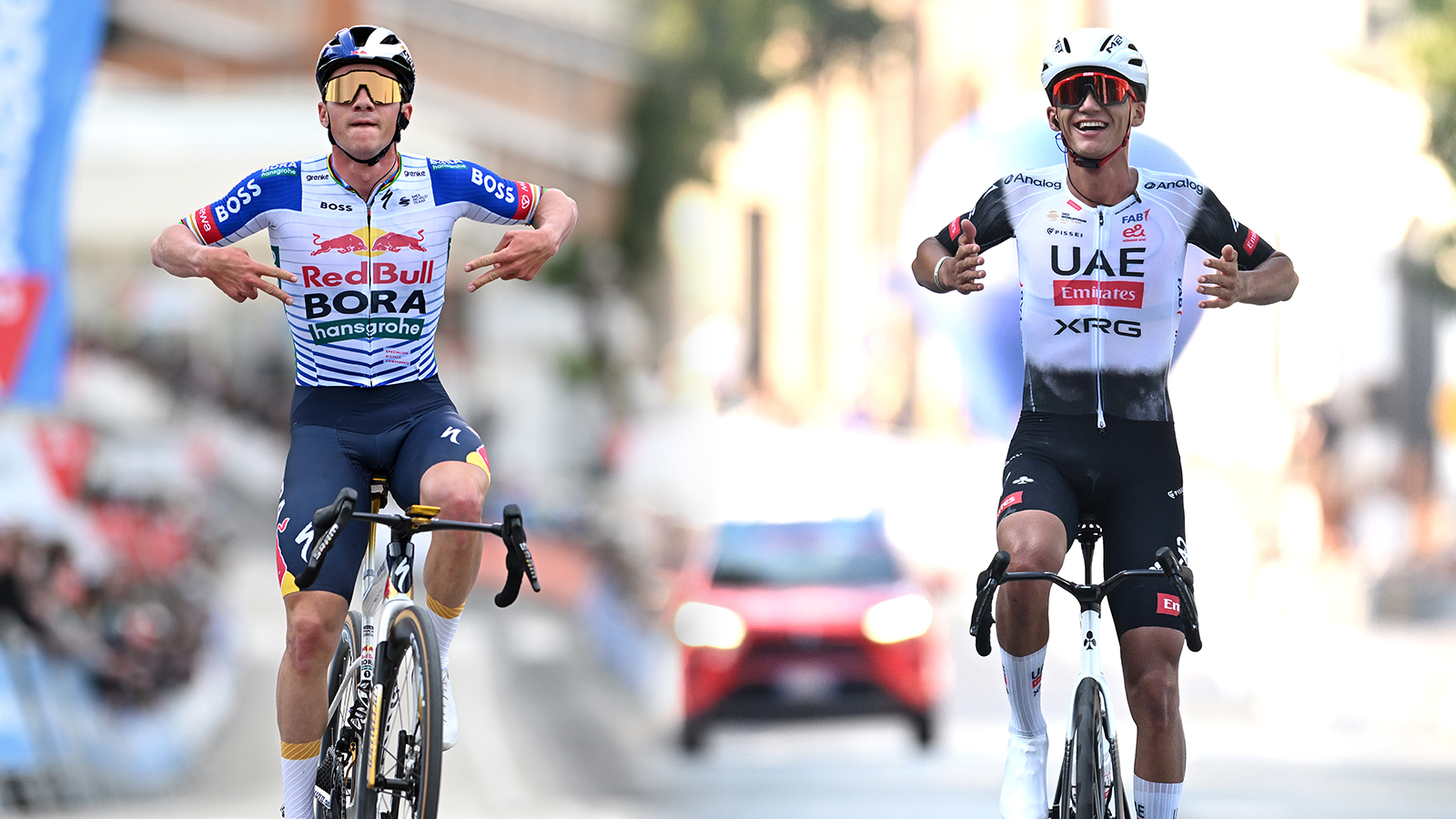Lucas Euser: forging a new path after the pain of early retirement
US rider critical of UnitedHealthcare team, ready to fight for better rider safety and support
The latest race content, interviews, features, reviews and expert buying guides, direct to your inbox!
You are now subscribed
Your newsletter sign-up was successful
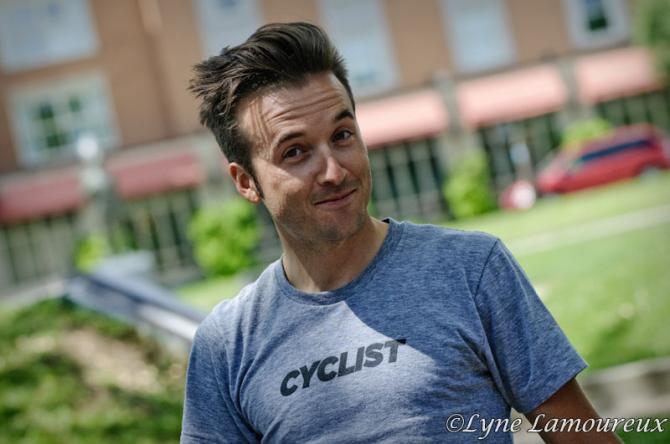
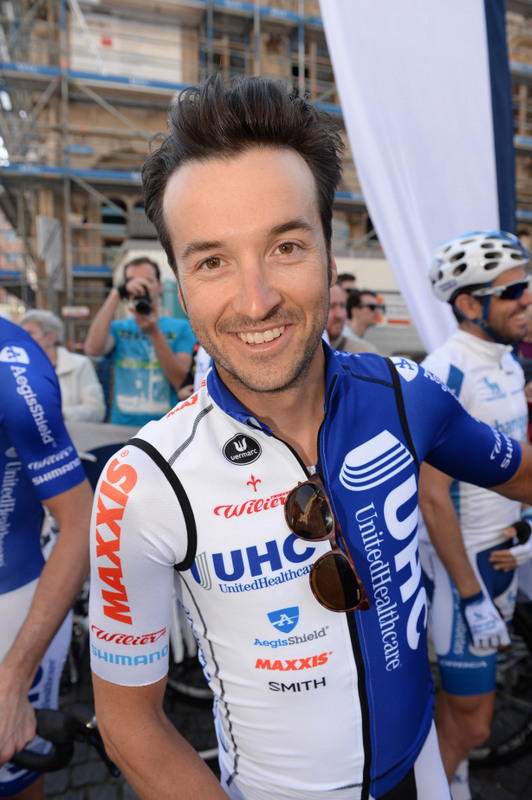
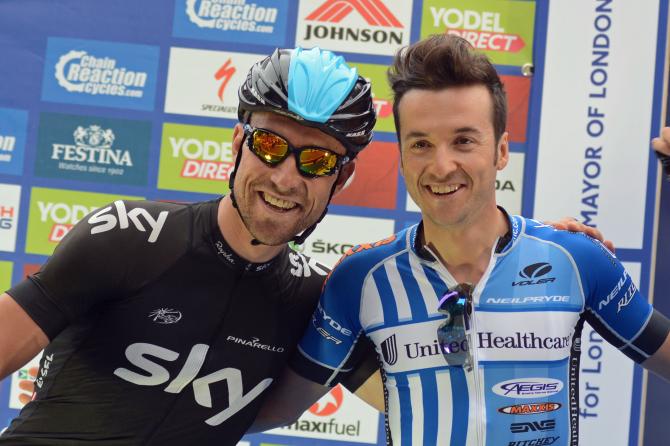
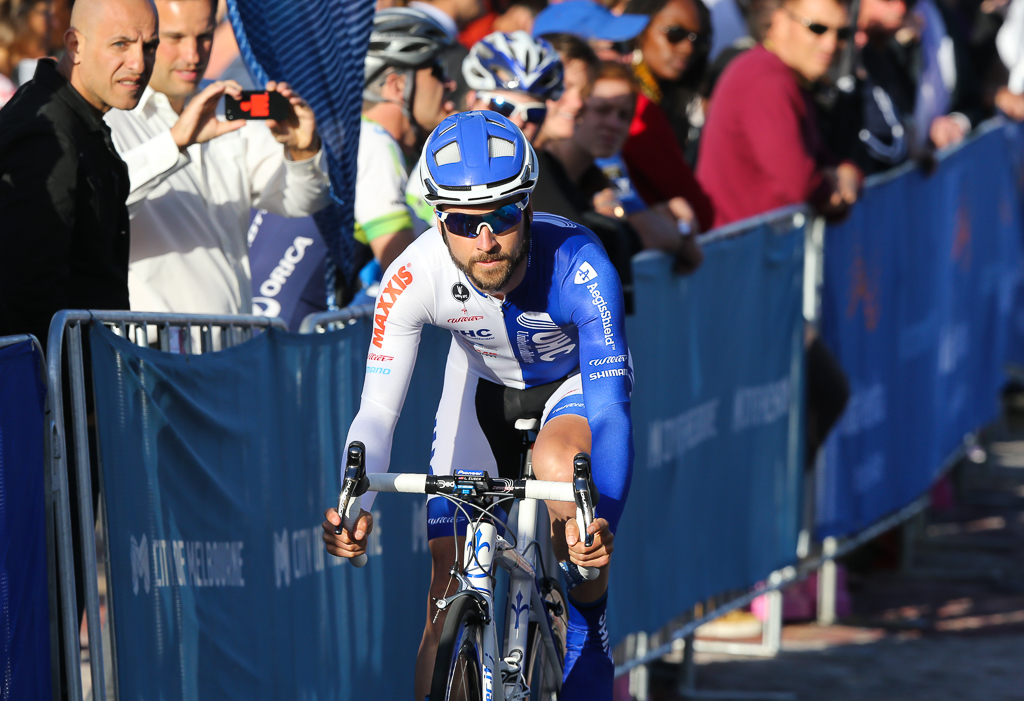
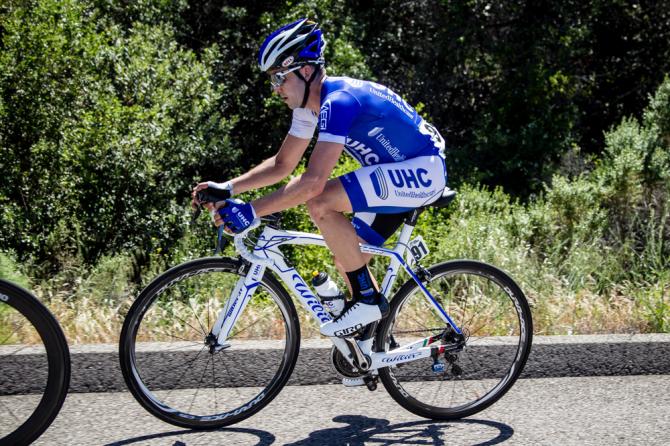
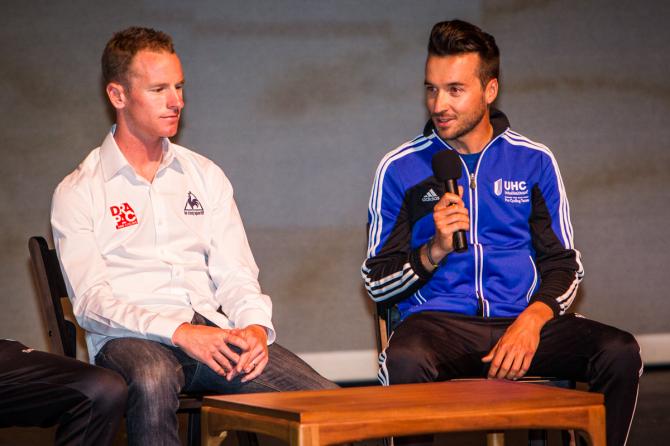
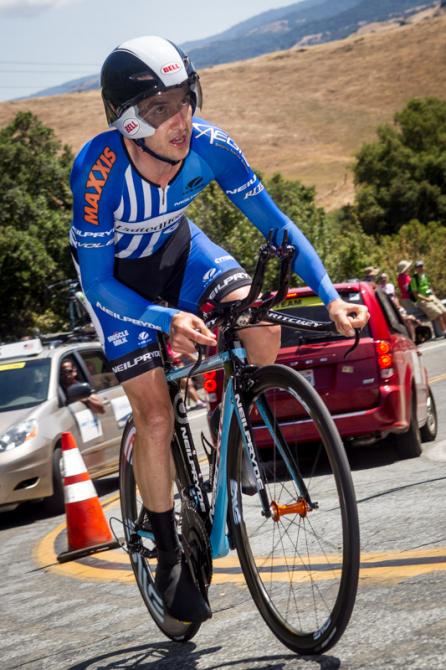
Lucas Euser's professional cycling career was over on May 26, 2014. He just didn't know it at the time. When a motorcycle official stopped in the middle of the tricky descent from Lookout Mountain at the US Pro road race championships, it set off a chain reaction of events that culminated in Euser's premature retirement at age 32. Now, Euser wants to work to make sure that this doesn't happen to anyone else as part of the ANAPRC (Association of North American Professional Road Cyclists).
Euser was hurtling down the hill in Chattanooga behind Taylor Phinney, who had just recently demonstrated his unparalleled descending abilities to win a stage in the Tour of California. They rounded a bend and were confronted with the motorcycle stopped in the centre of the road. Euser went left; Phinney went right and smashed into a metal barrier, shattering his lower leg. Rather than get back on his bike to continue racing, Euser rushed over to Phinney and, witnessing the horror of the compound fracture, comforted his friend until help could arrive.
While Phinney went on to a hard-fought recovery, winning a stage in the USA Pro Challenge and the team time trial World Championship with BMC, Euser's fortunes declined. Under pressure from his UnitedHealthcare team to get results, he found himself fighting against some unknown force - a force he is just now recognising is related to the trauma from that day in May. One year later, as his health and mental state had reached its low point, his future with UnitedHealthcare reached its end.
"I always thought something was going on," Euser tells Cyclingnews. "I had this survivor's guilt. I've been in Taylor's position." In 2009, Euser was hit by a car while training in Girona, leaving his knee shattered. It took him two full years to get back to full strength but effectively ended his ambitions to race in the WorldTour.
"I know what it's like to have this fire underneath you - you have this clear-cut goal of getting better, and coming back stronger. There are direct measures with that. There are X-rays, MRIs that show if it's healing. There are power numbers that get better over time. There are always physical attributes that change. As athletes we're goal oriented," and recovery from injury is motivating. But when that injury is mental or emotional? "This is something I've never gone through. I'm still putting all the pieces together," he says.
Although he didn't want to question his future in the sport, Euser couldn't continue the way he was. A typically outgoing, positive and enthusiastic person, he began to turn dark. "I didn't like who I was becoming. I didn't like it when I spoke to people in a negative tone. It didn't reflect who I've always been," he explains.
Discussions about depression in sport, or post-career identity crises might spark a passing thought that there was a psychological component to his woes, but like most bike racers, he'd just bury himself in hours on the bike to prove to himself he was OK.
The latest race content, interviews, features, reviews and expert buying guides, direct to your inbox!
"In a way, it was just perpetuating the problem. That's why I am where I am right now at 32. I never thought I'd be done at this age. It's a gut check every few days. This thing that I've known for a really long time, that was really comfortable, is no longer. In a way it's thrilling. I'm absolutely sure I'm not the only one who's going through this or has gone through this."
Results valued over rider health
Euser needed to wait until his 2015 contract was up to discuss how abandoned he felt by the team. He revealed his psychological struggles to Velonews earlier this month but expanded to Cyclingnews on how his repressed psychological trauma led him to overlook lingering health issues - all of which could have been easily fixed had his team been paying attention rather than just demanding results.
After the 2014 accident, he said, "There was this kind of constant, repetitive noise - 'we want results, we want results'. After the accident, I wanted them too, and I tried to convince myself that it was why I was here; it was my purpose in the sport - to get results and inspire others to ride bikes. But I wasn't able to produce those results. There were a lot of factors involved in it, but [at the time] I didn't know why. A lot of it was emotional and mental. But there were some physical ailments that I lost track of because I was in this lost space."
Without his now-fiancée Rachel, he said, he would have been in a worse situation.
He spent the year after the accident in slowly declining health - his immune system suppressed, anything triggered inflammation and sickness. "There were multiple times last spring where I was in bed for days at a time, just sick and not able to ride. I recognized something else was up."
He kept training, trying to fulfil his obligation to the team, but nothing clicked. "I didn't know how to handle it," Euser says. "A lot of things got tucked away; I was thinking I'd be fine. There was pressure for results; there was pressure from the team, thinking I was too involved in other things like the ANAPRC. There was this constant message in my head that there was something wrong with me, that I wasn't doing this right."
By the time the abscess appeared on his tooth, the infection had long ago gotten to the roots and into his bloodstream, slowly draining his body of its resources.
"It was something as simple as a tooth infection. But it showed how lost I was. I should have known that my body was off. I should have known that I wasn't training the way I could have been, that there was something deeper. I was just digging myself a hole."
A week before nationals, Euser had the bad tooth taken out, but he said it was too little, too late. His relationship with the team had soured to the point that the championship was basically his final race with the team. "Had they been more attentive and willing to talk, we could have figured this out a long time ago, and I'd probably be in a different place right now. But I'm OK with it. It opened up this whole other world of self-discovery."
Euser wasn't the only one cut from the 2016 UnitedHealthcare roster. Alessandro Bazzana, Isaac Bolivar, Hilton Clarke, Robert Foerster and Ken Hanson were also jettisoned as the team looked to cut back on its European roster.
After three years with the team, being shut out was a blow for Euser. "I tend to commit when I take on things like this. When I got on UHC, I saw an opportunity to be part of its growth and evolution. I took it personally. When they came back with nothing, it was tough for me.”
"We all put time into the team, we all put time into growing it. Ultimately they cut their entire European program; they cut a lot of riders. It was a slap in the face for some, a question of loyalty for others, and for some of us it was the means to get on with our lives."
Freed to accept that his pro career was over, Euser is still trying to figure out what he wants in life.
"Cycling played a significant role in my life, but I didn't see it as a future role in my life. I needed to come to terms with that. It's time to find out what's important to me and what's important for my future instead of what's important to a sponsor or a team or another entity in pro cycling.”
Advocating for a safer sport
Euser, together with fellow Americans Brent Bookwalter, Christian Vande Velde, Ted King, Tejay van Garderen, Matthew Busche and Peter Stetina helped form the ANAPRC early last year, with the aim of making the sport safer for the riders. He's devoted to continuing to work with the organisation as he begins to mould his post-cycling identity.
His own situation, he said, "raises the issue of proper, credible help in our sport.”
“There is a lot that gets lost in the sheer amount of effort it takes to run a professional cycling team. There are teams running on very limited budgets, and one of the first things that gets cut is personal medical health."
As far as he knows, nothing was done to the official who caused Phinney's crash. Similarly, nothing has been done by the UCI to punish the Vuelta al Pais Vasco organisers who left unprotected bollards in the final half kilometre of the opening stage last year, leading to a massive crash that seriously injured Stetina and Spaniard Sergio Pardilla. Euser intends to keep working with the ANAPRC to advocate for safety.
"Rider safety is number one because it's the most basic. We can't have riders running into poles in the final sprint. That's unacceptable. Being taken down by a motorbike is unacceptable. Descending mountains in the snow is unacceptable. We should not be put through that as athletes on the open road."
Pushing the UCI to enforce minimum salaries is another major goal. An investigation by Corriere dello Sport into Italian teams uncovered widespread violation of the rules, with teams forcing riders to pay back about half of their 'minimum' salary in order to remain on the roster, or other schemes to fund the team’s budget via personal sponsors.
"The market is creating these disposable riders. 'We hired him for under minimum salary because we could and, oh he's injured? Let's go get another one.' That is not valuing human life whatsoever. It's time we started questioning that in our sport,” Euser argues.
"The penalty for a team underpaying a rider is a fine - from what I understand it's roughly a $10,000 fine. Which means if you're underpaying a rider by $20,000, you're still saving $10,000. The fine doesn't go to the rider, either. I would urge the UCI to look into their enforcement of the rules that are already in place."
Euser wants more professional racers to become involved in the discussions and to push the teams' association, the AIGCP, to sign the joint agreement with the riders' association, the CPA. That agreement stipulates minimum salaries and pushes for teams to provide insurance and other benefits to riders. The agreement lapsed in 2013 and hasn't been renewed since.
"The importance of this needs to be elevated. Riders need to recognize they have a voice in this - they need to engage the CPA and use it to our benefit. We can actually have a platform to create a demand for what we're looking for. But we need to put our voices in to get the things we need to make a more sustainable and safer sport.”
"I think cycling is behind in that we need a lot more focus on rider protection and safety. We need to make sure they're protected on the road as well as financially and medically. We need to offer career counselling and transitional help. Other sports put this at a higher level of importance, and we need to do the same."

Laura Weislo has been with Cyclingnews since 2006 after making a switch from a career in science. As Managing Editor, she coordinates coverage for North American events and global news. As former elite-level road racer who dabbled in cyclo-cross and track, Laura has a passion for all three disciplines. When not working she likes to go camping and explore lesser traveled roads, paths and gravel tracks. Laura specialises in covering doping, anti-doping, UCI governance and performing data analysis.
